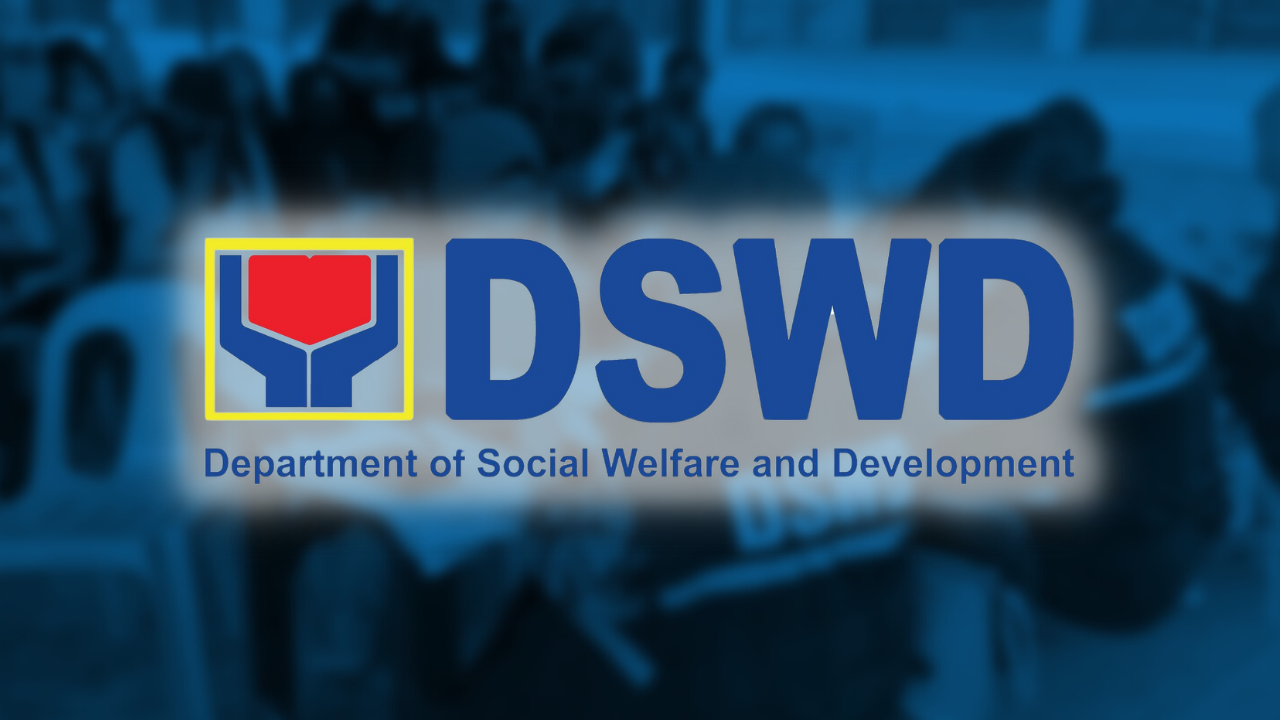MANILA, Philippines — The Department of Social Welfare and Development (DSWD) has allegedly accepted the donation of mobile clinics from tobacco manufacturer Philip Morris Fortune Tobacco Corp. (PMFTC) despite warnings and criticisms from former senior government officials.
The Quezon City government, in an Aug. 1 post on its official Facebook page, said the DSWD has turned over a mobile clinic to the city as part of the “Lab for All: Laboratoryo, Konsulta at Gamot para sa lahat!” program of first lady Liza Araneta-Marcos.
READ: Parents group slams DOJ, DSWD: Why take aid from Big Tobacco?
In the photos were Social Welfare Secretary Rex Gatchalian, Health Secretary Teodoro Herbosa, QC Mayor Joy Belmonte and QC Vice Mayor Gian Sotto. They were joined in by Eton Properties Philippines Inc. president and CEO Kyle Tan and PMFTC director for external affairs Chita Herce.
The QC government said the mobile clinic was donated by the “Lucio Tan Group of Companies,” or the LT Group. PMFTC is a subsidiary of the LT Group with a 50-50 percent stake, along with Philip Morris International.
The Inquirer tried to reach DSWD spokesperson Irene Dumlao on Sunday to confirm if the mobile clinic turned over to the QC government was among the three mobile clinics PMFTC supposedly donated to the agency earlier this year for “the use of social welfare and disaster response operations.” Dumlao has yet to respond as of press time.
Albert Domingo, spokesperson for the Department of Health (DOH), meanwhile, defended Herbosa’s inclusion in the photos, saying he “continues to be a staunch tobacco and vape control advocate.”
“The DOH did not accept any donations from the tobacco/vape industry. The secretary extends courtesy and kindness to all who invite him for a photograph taken in good faith. His and the department’s strong positions against the tobacco/vape industry remain,” he said in a message.
The advocacy group Parents Against Vape, in a statement on Friday, said the “acceptance and promotion” of the tobacco industry by government officials “raised serious ethical, legal and health-related issues.”
“The actions of these government officials and the accompanying display of support could be construed as a blatant endorsement of an industry that is known for its detrimental health effects and are deeply troubling for several reasons,” said Parents Against Vape president Rebie Relator.
The group called for “a thorough investigation” into the action of the officials of government agencies involved, saying it violated several laws and policies.
“We urge these involved public officials to reassess their positions and publicly renounce any endorsement of the tobacco industry to restore public trust and uphold the principles of health and integrity that our community and laws demand,” Relator said.
In February this year, the DSWD’s Legal Service recommended declining the PMFTC donation, prompting Gatchalian to ask the legal opinion of the Department of Justice in May.
The legal opinion was issued on June 6, which allowed the DSWD and other offices to accept donations from tobacco companies.
Justice Secretary Jesus Crispin Remulla, however, maintained that such action does not violate the Joint Memorandum Circular (JMC) of the Civil Service Commission (CSC) and DOH.
He stressed the prohibition under the JMC only covers officials and employees and does not extend to government agencies and offices in general.
Moreover, the Department of Justice (DOJ) and DSWD were heavily criticized by former government officials: CSC chair Corazon Alma De Leon, CSC chair and DOH chief Dr. Francisco Duque III, CSC commissioner Mary Ann Fernandez Mendoza, DSWD and DOH chief Dr. Esperanza Cabral, DOH chief Jaime Galvez Tan, and DOH Undersecretary Medeleine Valera.
They called on all government agencies to reject such donations and maintained that good governance must prevail by properly implementing the JMC No. 2010-001 of the DOH and CSC protecting the bureaucracy from tobacco industry interests. The JMC was issued during the term of Duque and Cabral as CSC and DOH heads, respectively.
The JMC, particularly its Section 3.3, explicitly forbids government officials and employees from soliciting or accepting gifts, favors, or donations from entities in the tobacco industry.
The prohibition aligned with the country’s attempt at complying with its international commitments under the World Health Organization Framework Convention on Tobacco Control (WHO-FCTC), to which the Philippines is a signatory.
“Civil service rules could not distinguish the agency actions from the actions of its officers or employees. Otherwise, who will be made accountable for violation of civil service rules if we accept the [DOJ] interpretation? It goes against the principle that public office is a public trust,” said Mendoza, who is also president of public health think-tank HealthJustice.
Mendoza urged the current leadership of the CSC and the DOH, as well as the DSWD to which the DOJ’s legal opinion was addressed, that they stand their ground against tobacco industry interference.
Cabral said, “The DSWD should reject any partnerships and donations from the tobacco industry. It should maintain its progressive policies of banning the acceptance of donations and rejection of partnerships with the tobacco industry.”
